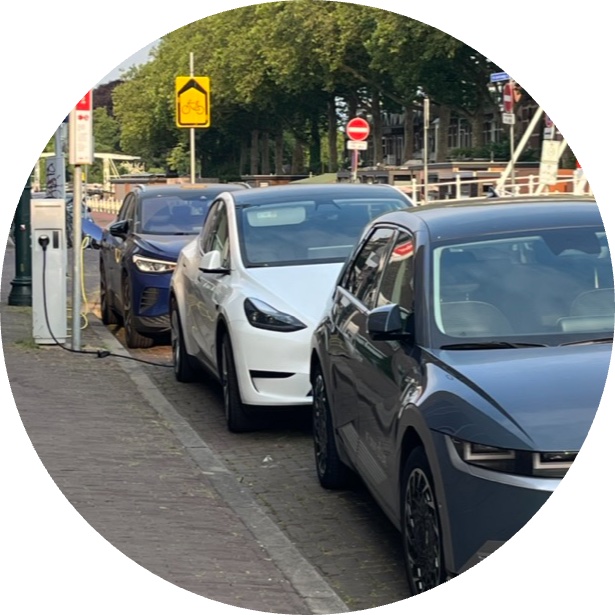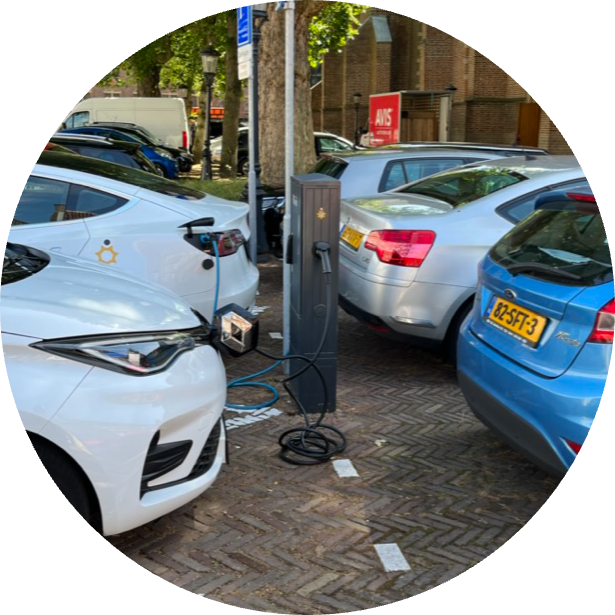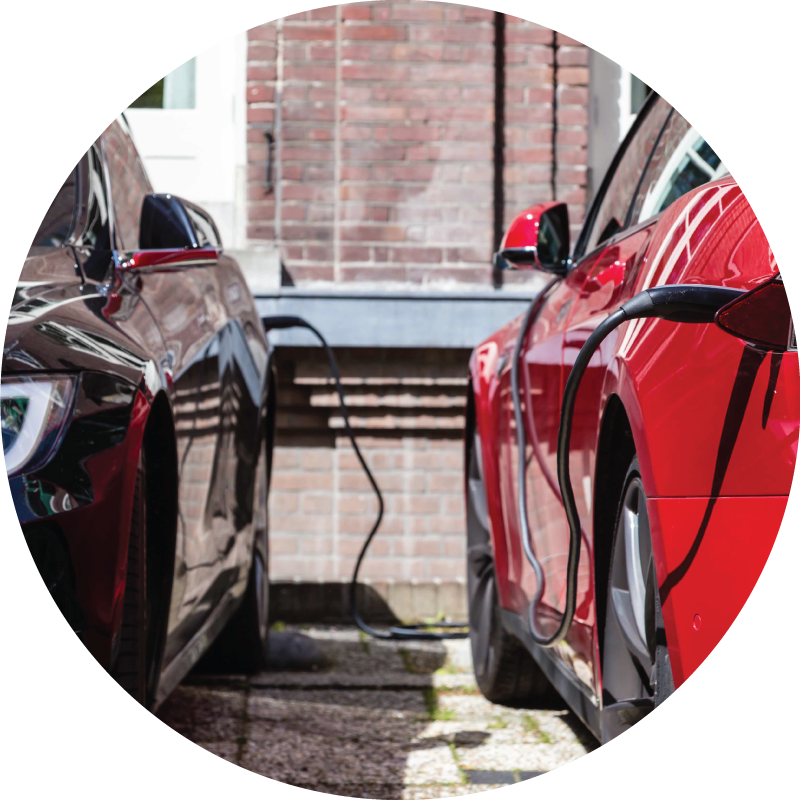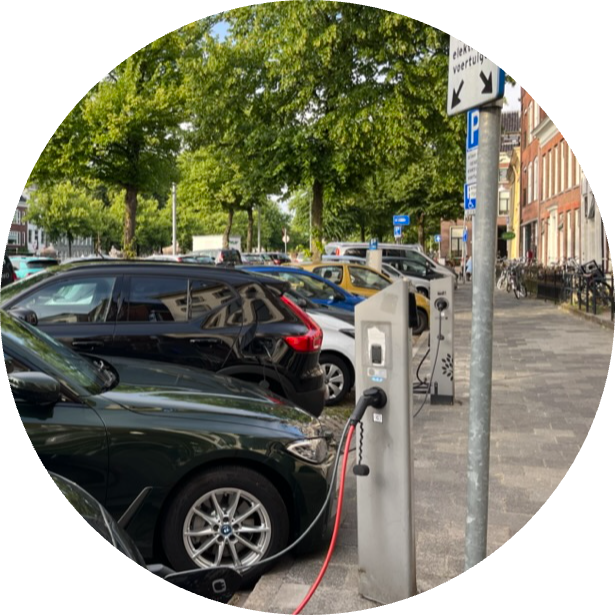
- This event has passed.
Electric Vehicle Charging – Understanding the role of government
Seminar, Melbourne 24th February, 2025
February 24, 2025 @ 2:00 pm - 4:00 pm
$30.00 – $60.00Electric vehicles and charging – understanding the role of government
Electric vehicle sales have increased rapidly in Australia. The development of an effective charging network is central to the transition towards zero emission vehicles. In some parts of Victoria, up to 80% of households have no readily accessible place to charge an EV at their dwelling. The Victorian and Commonwealth government have announced a number of programs to help speed up the development of the charging network.
This event is designed to help those working in government rapidly develop an understanding of EVs, charging and the public sector’s role in the transition to EVs.
Topics

Understanding transport emissions trends in Australia – an introduction
A brief overview of emission trends in transport, highlighting the challenge of reducing emissions in line with Australian government targets. An overview of the different pathways through which transport emissions can be reduced will be provided and the role of EVs.

Understanding the different types of electric vehicles
An introduction to the different types of vehicles, their energy and charging needs. This includes a description of the different segments within the electric vehicle sector, including the differences between ICE, PHEVs and BEVs, as well as new EVs likely to be available in Australia over the next 12 – 24 months.

Different types of charging infrastructure
Charging infrastructure varies widely; from a simple household powerpoint, to ultra-fast chargers costing more than $700,000 per plug. This component of the seminar will provide an overview of the different chargers available, plug types and the implications for local government.

Designing charging networks
A user-centred approach to the development of a charging network will be presented. This includes how to make decisions on where to locate EV chargers and what type of charger is most appropriate in different areas. This component of the seminar helps participants use a framework for positioning chargers in locations that meet the needs of intended users, as well as the requirements of the commercial charge point operators.

Public charging for residents without access to off street parking
In some parts of Victoria, a large proportion of households lack the ability to charge an EV on their property. This is either because they live in a terrace house, or an apartment in which it can be complex to have the necessary equipment installed. This component of the seminar will provide participants with a clear understanding of best practice, the process government can use to identify suitable kerbside locations and how to facilitate the private sector to provide charging that meets the needs of residents.
Group discussion and Q&A
The seminar will provide a generous opportunity for group discussion and questions.
Facilitator

Dr Elliot Fishman
Director, Transport Innovation, Institute for Sensible Transport
Dr Fishman is ranked by Stanford University in the top 2% of scientists globally, for his contribution to transport. He is one of Australia’s most experienced practitioners on helping government lead the transition to an electrified vehicle fleet. He provided technical assistance to the NSW Government in the development of the recently announced kerbside charging program. Elliot has developed charging network plans for over a dozen local governments, as well as prepared several EV charging policies for governments around Australia. He is the lead author on an Austroads funded project focused on charging in remote and rural areas. He completed his PhD at the Centre for Accident Research and Road Safety and his Post Doc at Utrecht University in the Netherlands. He has advised the Prime Minister’s Office on sustainable mobility, as well as the OECD, the National Government of Singapore and many Councils and state governments.
Venue
RMIT University
Storey Hall (Green Brain)
Building 16 336/348 Swanston St, Melbourne VIC
24th February 2025
2pm – 4pm
